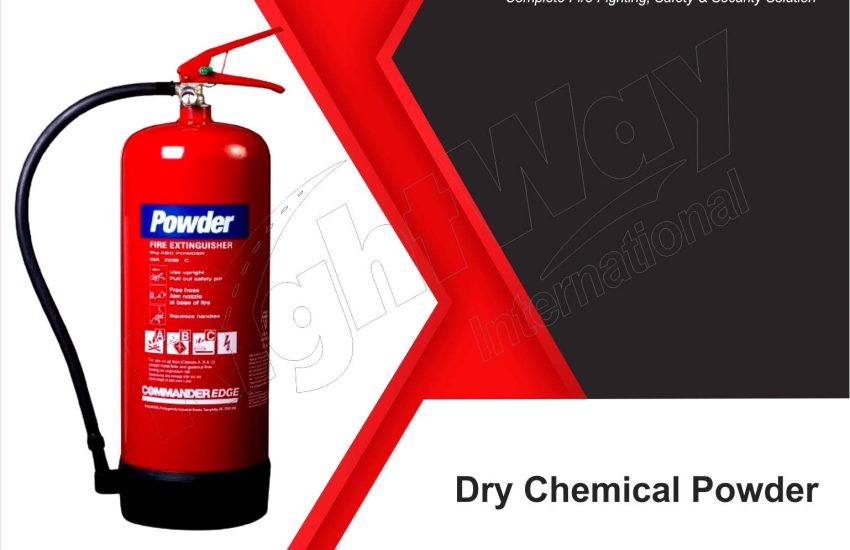Dry Powder Fire Extinguisher fire extinguishers are vital tools in fire safety, designed to combat a variety of fire types effectively. This guide will cover their features, benefits, and best practices for use, ensuring you are well-informed about this critical safety equipment.
What is a Dry Chemical Powder ?
A dry chemical powder fire extinguisher contains a dry chemical agent that effectively suppresses flames. The most common types of dry chemical agents include:
- ABC Powder: Effective against Class A (ordinary combustibles), Class B (flammable liquids), and Class C (electrical) fires.
- BC Powder: Designed specifically for Class B and C fires.
Why Choose a Dry Powder Fire Extinguisher?
- Versatility: Suitable for various fire classes, making it ideal for both residential and commercial use.
- Quick Action: Provides fast suppression of flames, reducing the risk of fire spreading.
- Ease of Use: Simple operation allows even untrained individuals to use them effectively in emergencies.
Applications of Dry Powder Fire Extinguishers:
Dry chemical powder fire extinguishers are commonly used in:
- Industrial Settings: Factories and warehouses where flammable materials are present.
- Commercial Kitchens: Effective against grease and cooking oil fires.
- Automotive: Essential in vehicles to combat engine fires.
Understanding Fire Classifications
Knowing the types of fires is crucial for selecting the right extinguisher:
- Class A: Ordinary combustibles like wood, paper, and cloth.
- Class B: Flammable liquids such as gasoline and oil.
- Class C: Electrical fires involving wiring, appliances, and outlets.
Standards and Regulations
Adhering to established standards ensures the effectiveness and safety of ( DCP ) fire extinguishers. Key standards include:
- NFPA (National Fire Protection Association): Provides guidelines for fire extinguishers.
- ISO (International Organization for Standardization): Sets international standards for fire safety.
- UL (Underwriters Laboratories): Tests and certifies fire extinguishing products for safety.
Choosing the Right Dry Powder Fire Extinguisher:
When selecting a ( DCP ) fire extinguisher, consider the following factors:
- Fire Class Ratings: Choose extinguishers that are rated for the specific fire classes you may encounter.
- Capacity: Ensure the extinguisher has an adequate capacity for the area it will serve.
- Mounting and Accessibility: Place extinguishers in easily accessible locations, following local regulations.
Maintenance and Safety Tips:
To ensure the proper functioning of ( ABC ) fire extinguishers:
- Regular Inspections: Conduct monthly checks for pressure and physical condition.
- Annual Maintenance: Have extinguishers serviced by a professional annually.
- Training: Provide training for staff on how to use extinguishers effectively.
Conclusion:
DCP fire extinguishers are essential for fire safety in various environments. Understanding their applications, classifications, and maintenance is crucial for effective fire prevention and response. By adhering to safety standards and ensuring proper training, you can create a safer environment for all.


